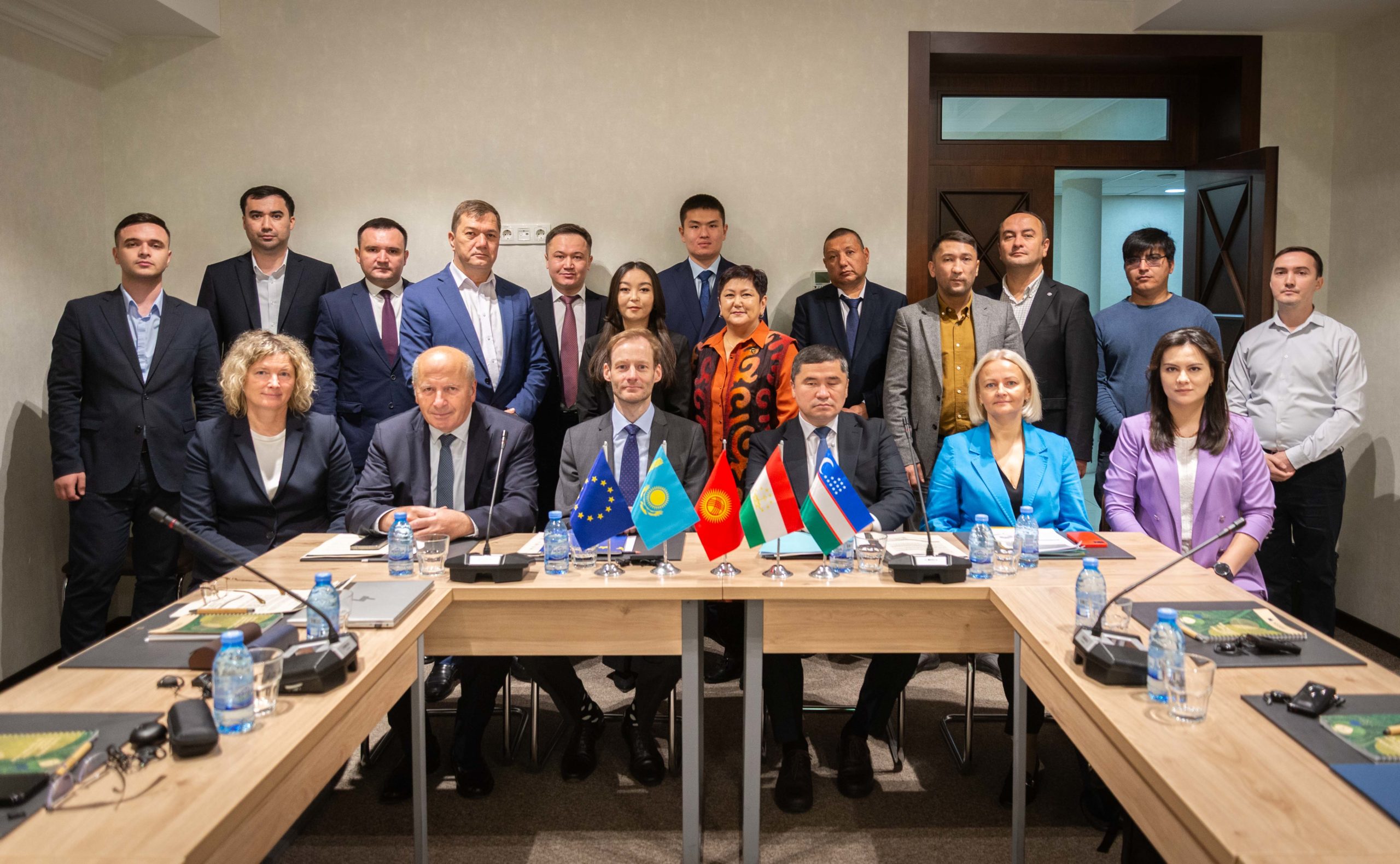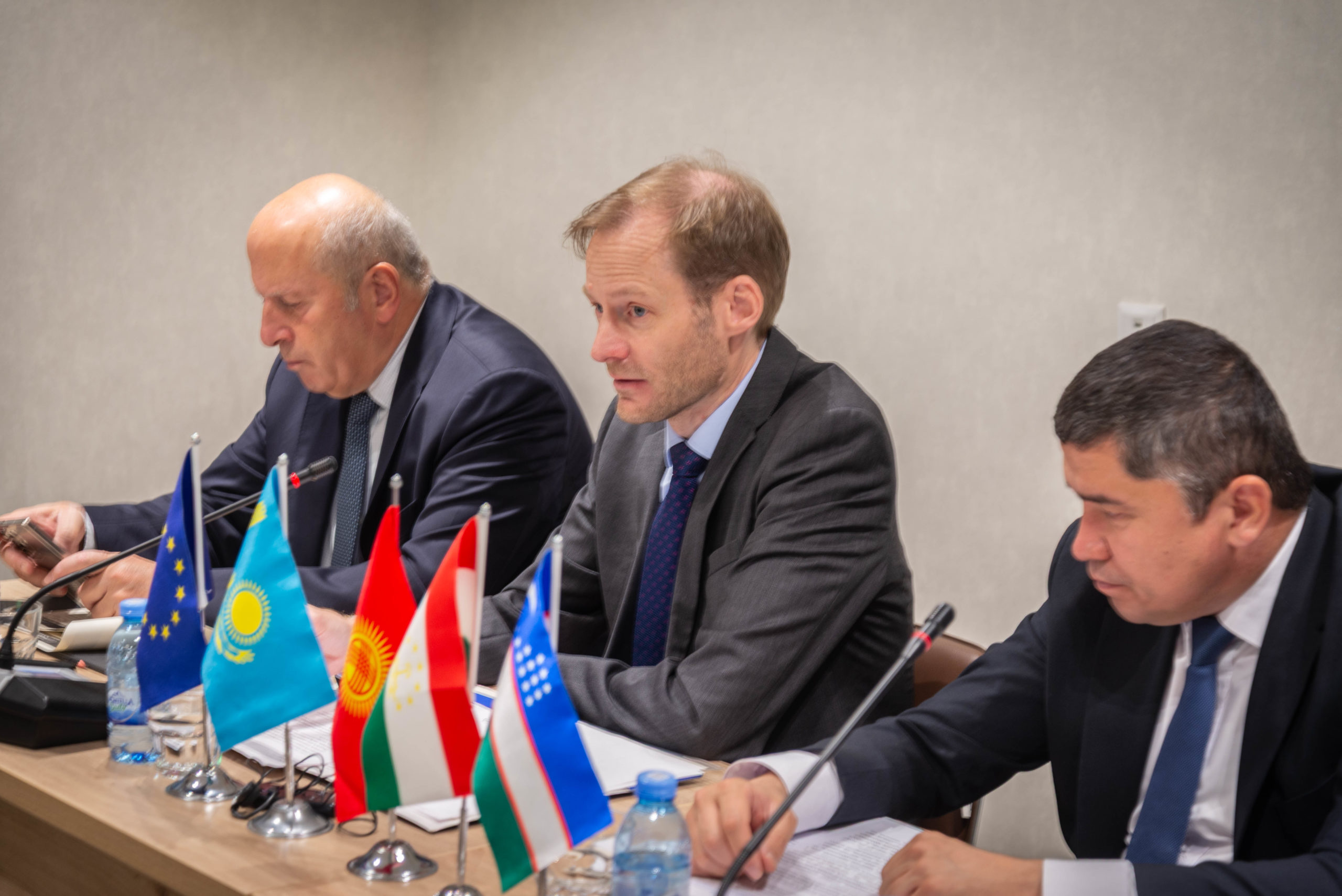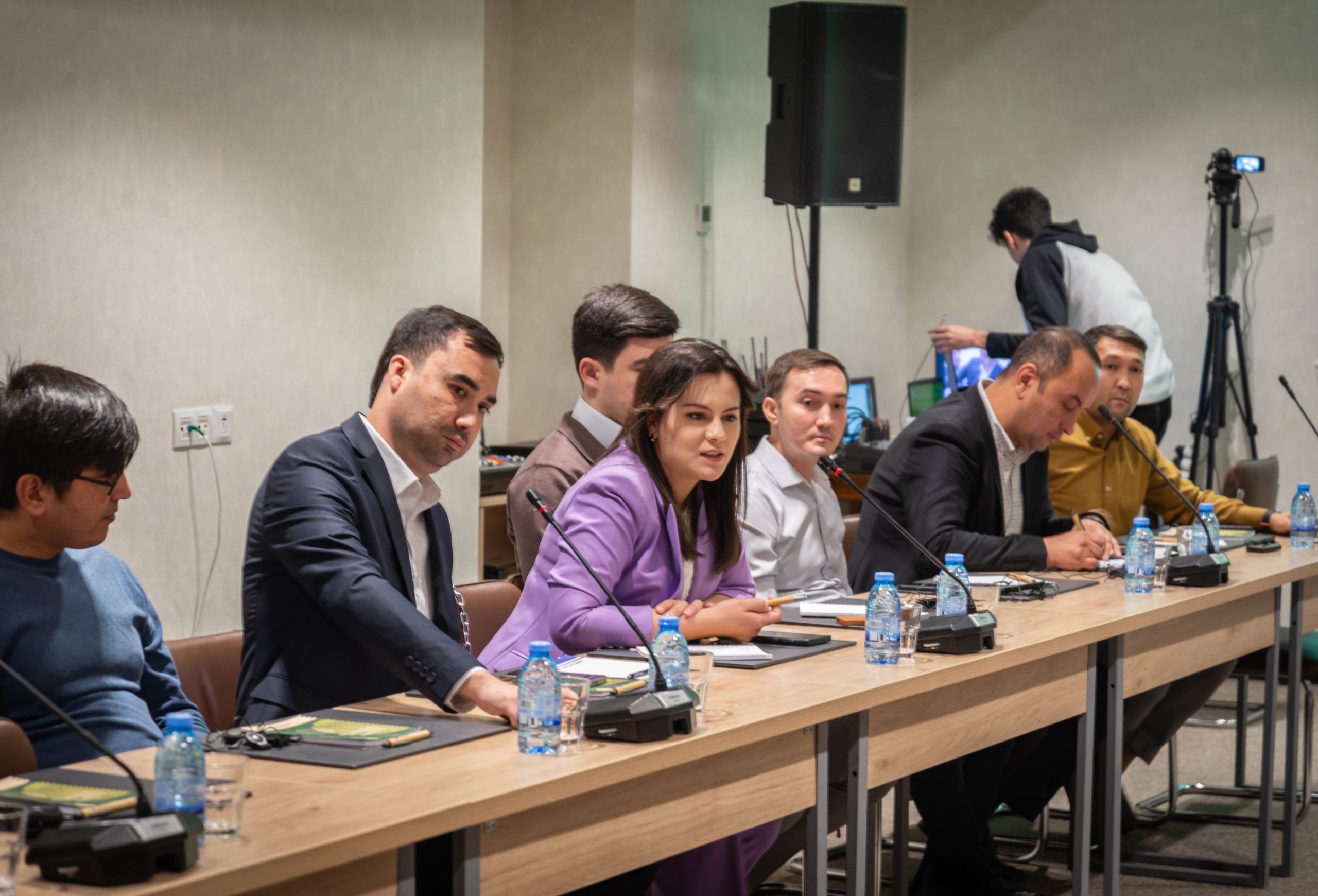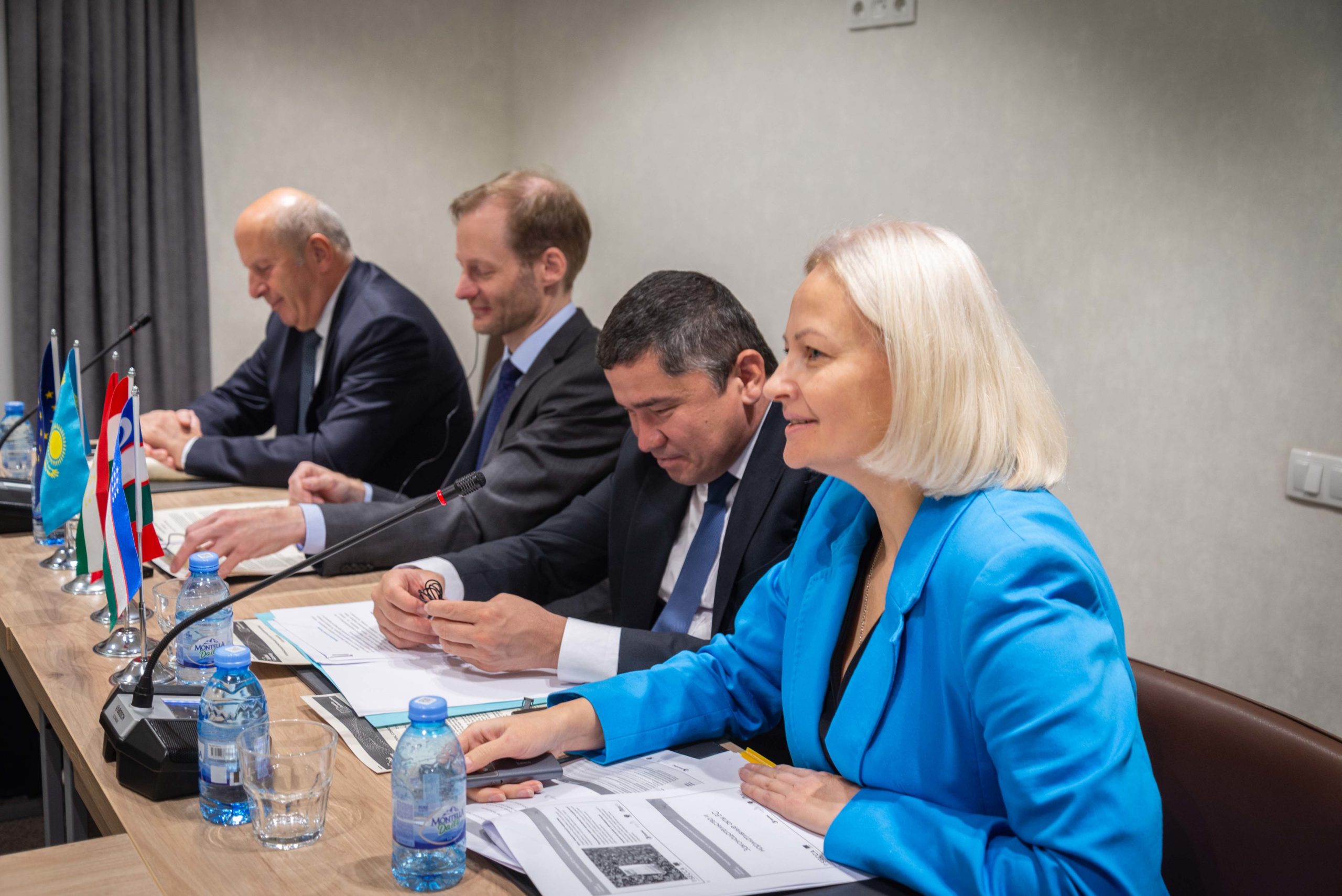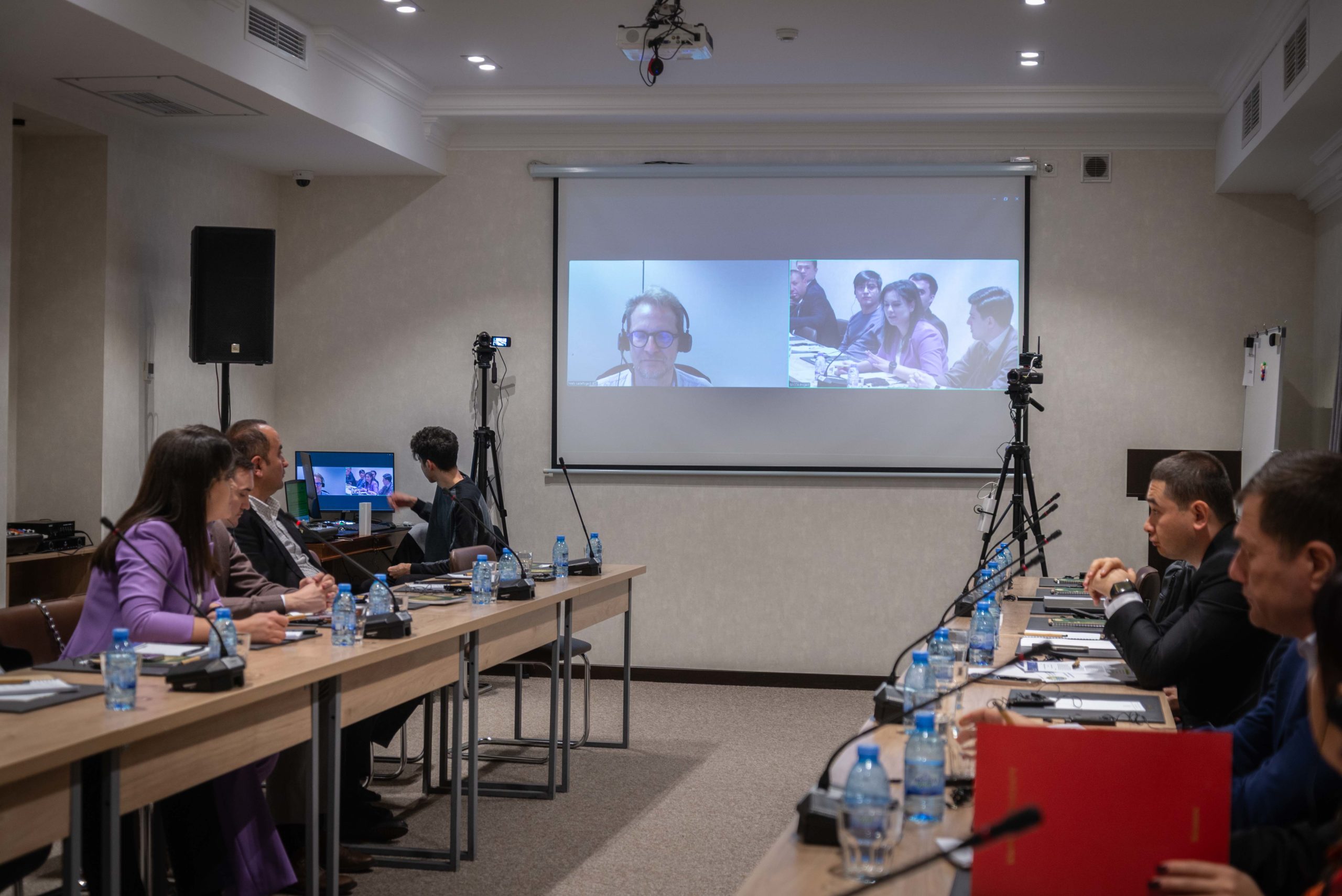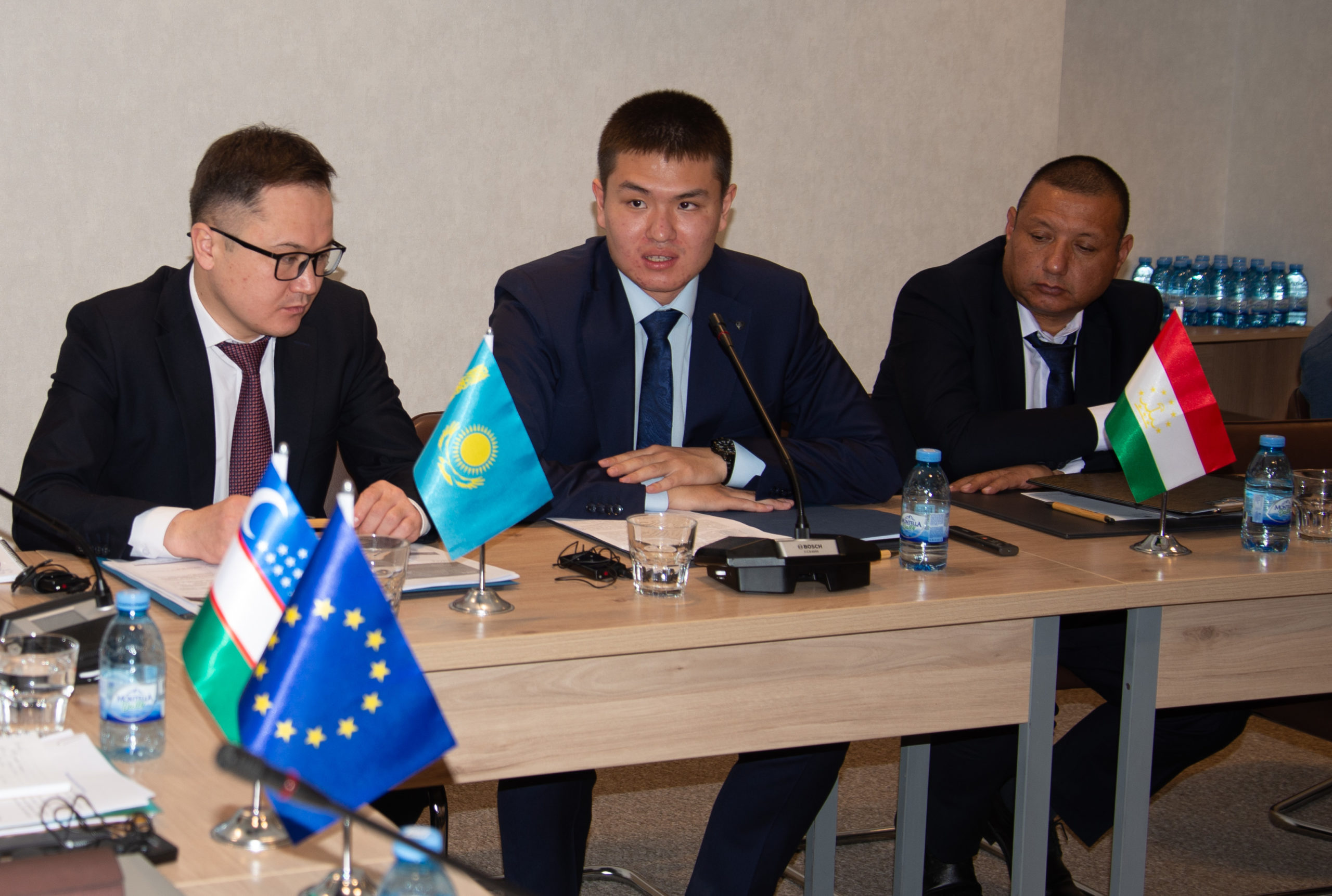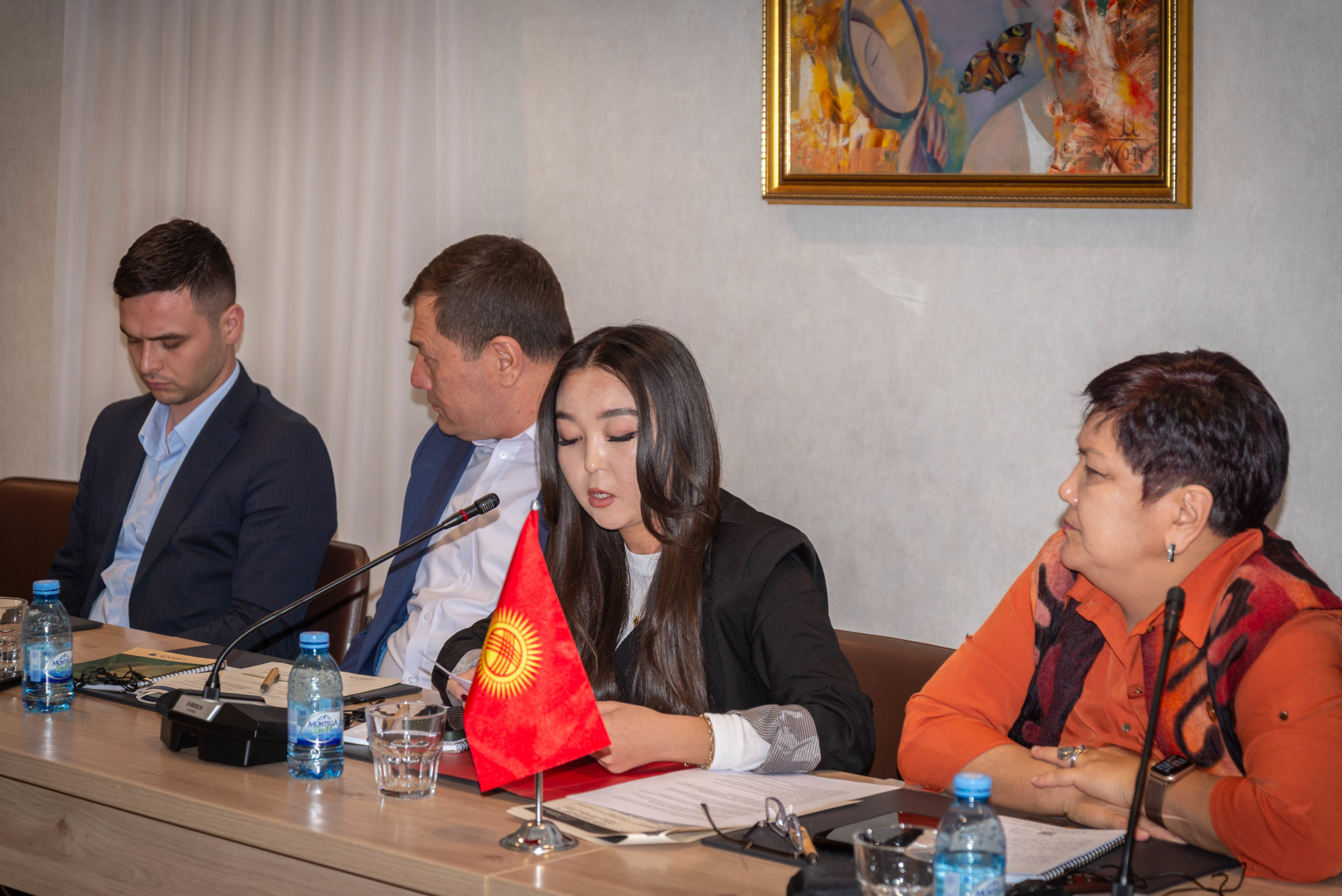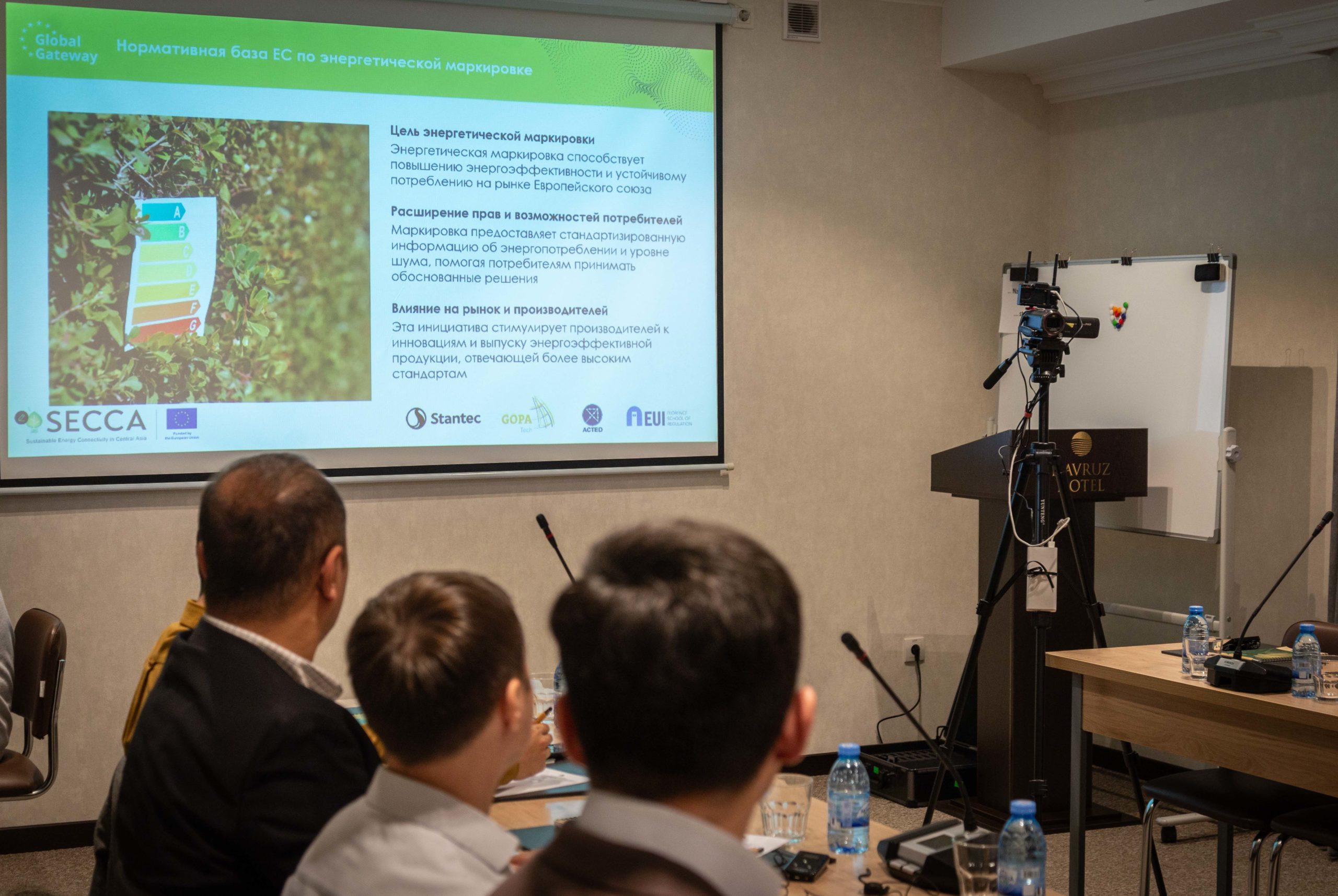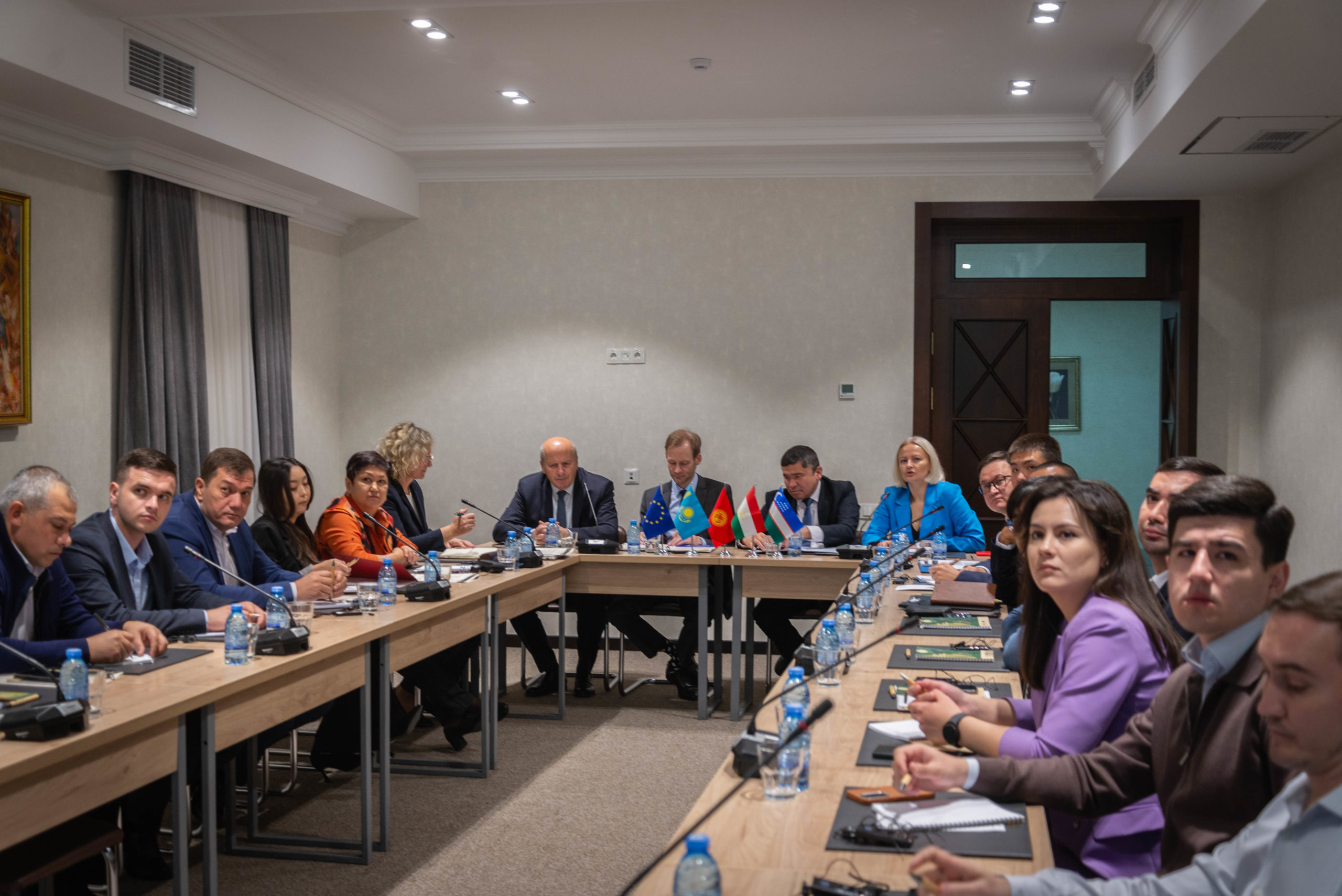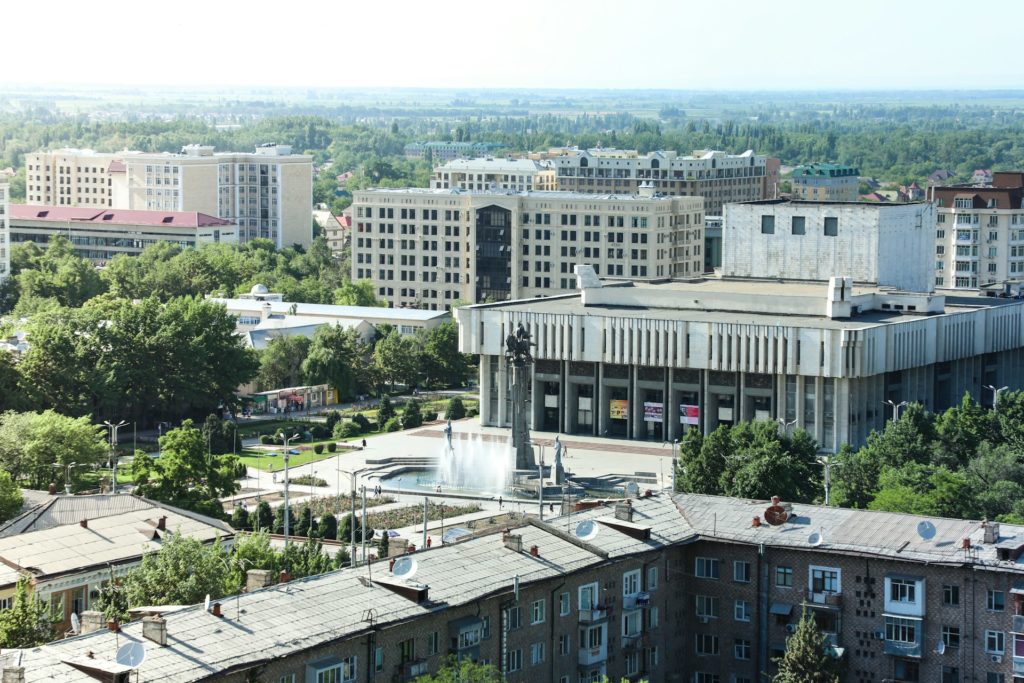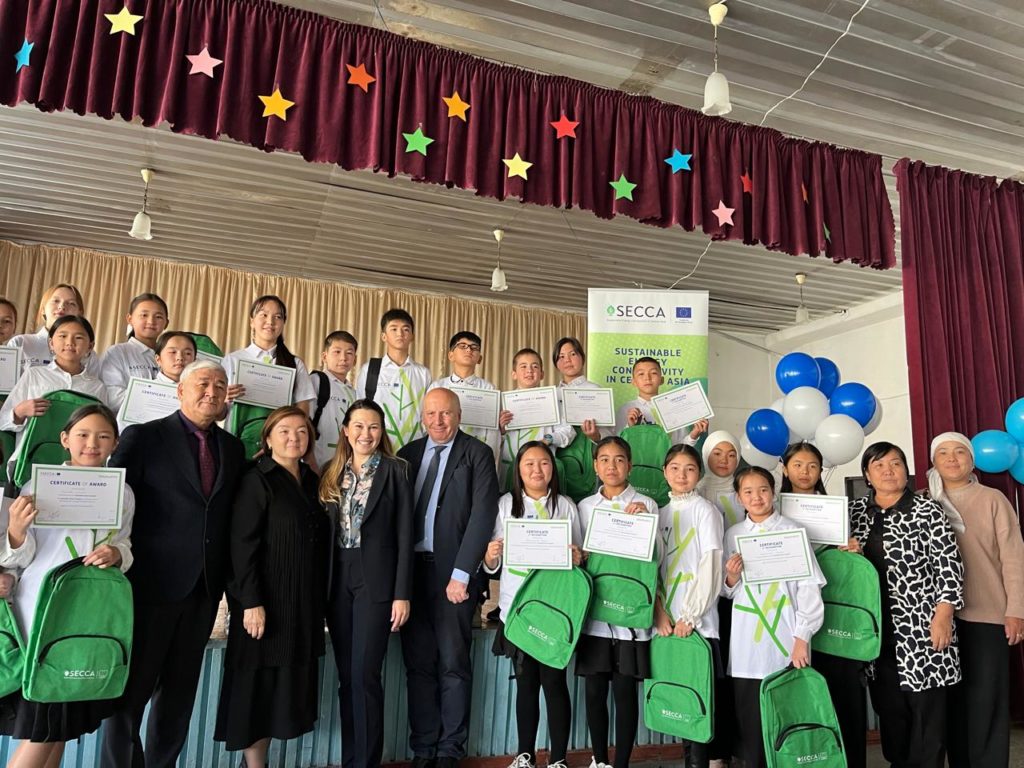Tashkent, Uzbekistan – The Regional Conference on Energy Labelling took place on 21-22 October 2025 in a hybrid format, bringing together representatives of line ministries and enforcement authorities from Central Asia, as well as energy efficiency experts from the European Union (EU) and its Member States, to exchange best practices on implementing energy labelling regulations. The Conference was organised by the EU-funded Sustainable Energy Connectivity in Central Asia (SECCA) project.
Energy labelling aims to improve the energy efficiency of products, reduce their overall environmental impact, and provide consumers with transparent information allowing them to select more energy-efficient products. It plays a vital role in the EU’s energy efficiency policy, driving the shift toward more efficient technologies.
The first day of the conference focused on the legal and regulatory aspects of energy labelling. Presentations from Niels Ladefoged (Directorate-General for Energy of the European Commission) and Linda Rinkule (SECCA) highlighted how the EU system advances energy efficiency and sustainability. Representatives from the Central Asian countries – Farhad Mukanov (Committee of Industry of Kazakhstan), Nazgul Serkebaeva (Kyrgyzstandard), Ravshan Ibragimov (Ministry of Energy and Water Resources of Tajikistan), and Fitratullo Nabiyev (National Agency for Energy Efficiency of Uzbekistan) – shared progress updates and experiences in developing their national frameworks. Discussions also explored the role of digitalisation, including the use of the EPREL database, QR codes, and digital product passports, in improving compliance and consumer access to information.
On the second day, the discussion shifted to the implementation and enforcement of energy labelling measures. Ivars Jornins (Consumer Rights Protection Centre of Latvia) provided insights into the energy labelling enforcement in e-commerce, while Rasmus Borup (Danish Technological Institute) presented on testing of household appliances. Nurbek Kazbek (Ministry of Trade and Integration of the Republic of Kazakhstan) and Elmira Baigaziyeva (Kyrgyzstandart) spoke of the implementation of energy labelling in their respective countries. Through presentations by Linda Rinkule (SECCA), participants examined market surveillance mechanisms and cooperation between market surveillance authorities and customs in import controls.
The event concluded with a technical visit to Uzbekistan’s conformity assessment laboratory, illustrating the country’s growing institutional capacity in the energy efficiency domain.
The Regional Conference reaffirmed the commitment of Central Asian countries to advancing energy efficiency and sustainability, and the EU’s continued support for the region in its transition towards sustainable energy.


